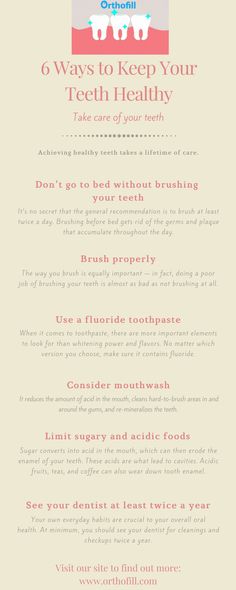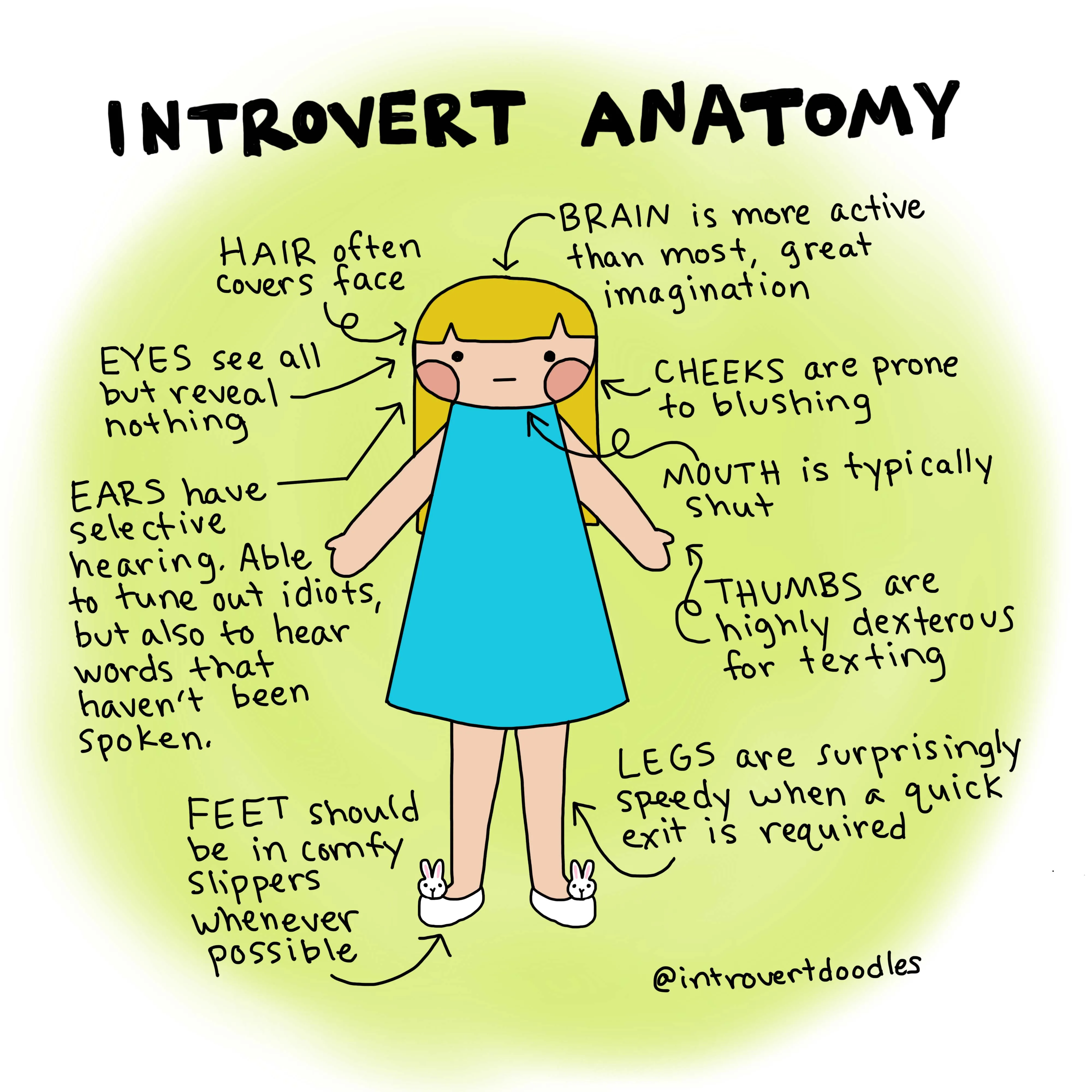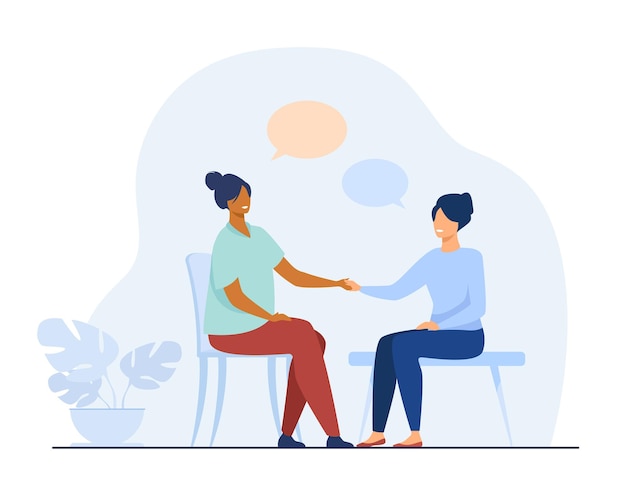Affirmations for panic attacks
Reframing Your Worry to Calm Down
Affirmations are positive statements you repeat to promote change in your life and ease your distress. They can be useful in managing anxiety.
Using positive affirmations is like practicing positive self-talk. It can help you reframe your negative thoughts and focus on ideas and behaviors that lead to change.
You can create your own or find existing affirmations that speak to you. In either case, affirmations can become a useful tool to manage anxiety symptoms.
Here are a few positive affirmations for when you experience anxiety or to use regularly to manage anxiety symptoms in the long term.
To calm down quickly when you feel anxiety rising, try to repeat affirmations while you practice deep breathing or any other relaxation technique that works for you.
- “I am safe and in control.”
- “I have done this before, and I can do it again.”
- “This too shall pass.”
- “I am strong.”
- “I trust myself.
”
- “I am capable.”
- “I take things one day at a time.”
- “I inhale peace and exhale worry.”
- “This feeling is only temporary.”
- “I am loved and accepted.”
- “I am enough.”
- “Look at me go! I can do it all.”
- “I love myself.”
- “I forgive myself.”
- “I let go and I am free.”
- “I am doing the best I can and that is enough.”
- “I release the past and embrace the present.”
- “Wherever I go, I am well.”
- “I can handle whatever comes my way.”
- “I am safe and protected.”
- “I am safe.”
- “I am brave.”
- “I can move past this moment.”
- “I am in charge.”
- “As I breathe, I am calm and relaxed.”
- “I have survived my anxiety before. I will survive it now.”
- “My body is my ally.”
- “I act with confidence because I know what I am doing.”
- “I am different and unique, and that is OK.”
- “I am safe in the company of others.
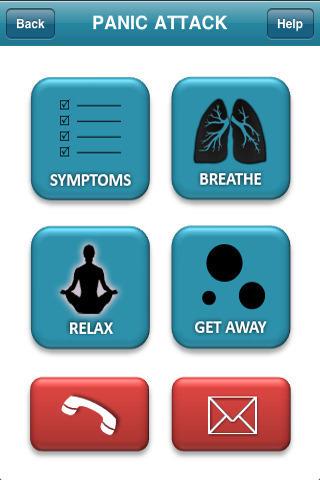 ”
” - “I love and I am loved.”
- “I am prepared and ready for this situation.”
- “People assume I can do this, I know I can, and I will.”
- “I like myself and that is enough.”
- “I am at ease when talking to other people.”
- “I enjoy doing this.”
- “I am good at everything I do.”
- “Day by day, minute to minute.”
- “I am capable and prepared.”
- “I let go of control and focus on joy.”
- “I am here, I am now, and I am well.”
- “I can handle anything that’s to come.”
- “I am safe in the here and now.”
- “I will handle whatever happens like I always do.”
- “I choose to see the beauty in my surroundings.”
- “I have time to prepare and decide.”
Positive self-talk and positive thinking have a direct effect on how you feel. A 2016 study, for example, found that replacing worrisome thoughts with positive mental images or positive affirmations helped people living with anxiety to worry less.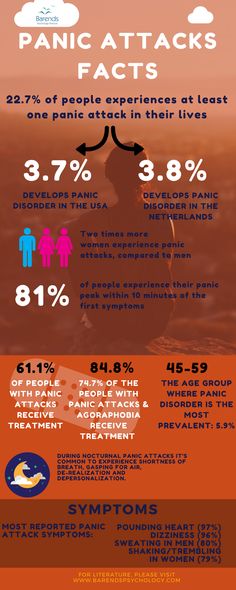
Another study from 2015 suggested that affirming yourself activates your brain’s reward system. The reward system causes you to experience a sense of pleasure and joy. It also reduces the experience of pain and worry.
A 2018 randomized controlled trial with mothers experiencing postpartum baby blues found that listening to positive affirmations and practicing relaxation techniques every day for 4 weeks offered the mothers significant relief from their symptoms.
Evidence from a U.S. national adult survey also found that practicing spontaneous self-affirmation was linked to a greater sense of:
- happiness
- hopefulness
- well-being
The report also found that self-affirmation, which focuses on your core values and self-worth, was related to feeling less angry or sad.
Research from 2015 indicated that under stress, your concept of self can constrict, which may impact your self-worth. Affirmations can help you reframe your thoughts from focusing on the aspects of the self that feel threatened when facing a challenge to the ones that may remind you that you’re capable and worth it.
In other words, affirmations help shift your focus from a problem and refocus on an extended vision of the self. This extended vision of who you are allows you to identify skills, experiences, and traits that make you capable of overcoming this and any other challenge.
Overall, using positive affirmations can help your emotional health by:
- decreasing stress
- improving confidence
- boosting overall mood
- focusing on solutions
- encouraging optimism
- boosting motivation
- helping you manage physical pain
- reducing fear
When using affirmations, you can:
- write them down a few dozen times in a notebook while focusing on their meaning
- record them and then play them back throughout the day
- write them down separately on sticky notes and tape them around your desk or home
- pick one and repeat it mentally a few times until you calm down
- pick one or more and repeat them aloud whenever you need
The start of your day and just before bedtime might be two of the best times to practice the affirmations.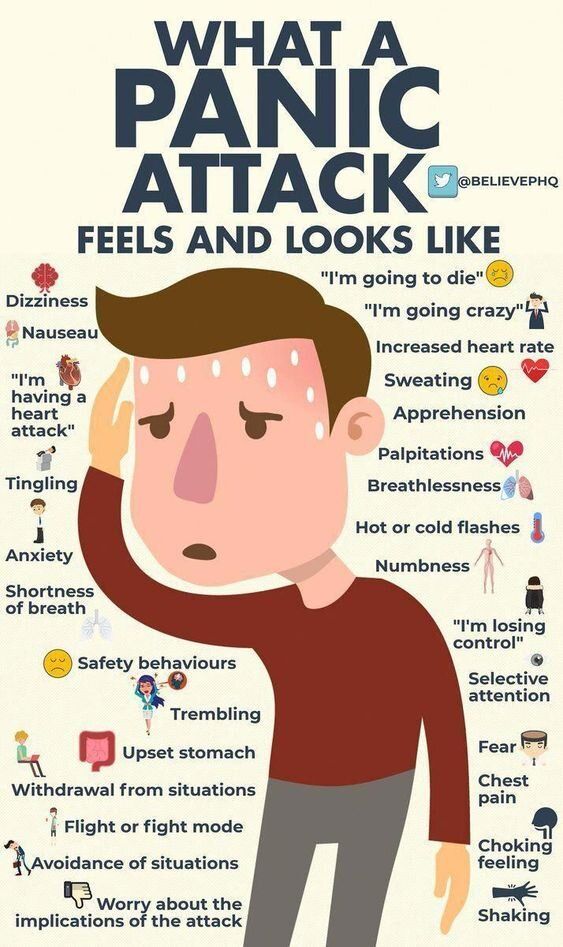
Some people find it helpful to say their positive affirmations in front of a mirror or make it part of their daily meditation practice.
The more you repeat your affirmations, the more confident you’ll feel. Positive statements work because they lead you to focus on positive self-talk and thinking while leaving worrisome thoughts aside.
How to create your own affirmations
To create your affirmations, consider phrases that speak to you and feel natural and appropriate to your challenges.
It’s essential to choose words that feel believable so that you’ll trust they can happen.
When creating affirmations, it’s best to stick with a first-person perspective to provide a stronger connection to your sense of self and goals. That’s why affirmations usually begin with “I” or “my.”
Consider writing affirmations in the present tense as if what you’re saying is already a reality.
For example, instead of saying, “I will be successful,” you’d say, “I am successful. ”
”
You could also acknowledge your anxiety symptoms in your affirmations, but you’d add a positive twist.
For example, you could say, “I sometimes experience anxiety, but I can still achieve all of my goals.” Sometimes acknowledging your challenges can help you feel you can triumph over them.
Another idea is to speak to your core values to emphasize what’s important to you. This will boost your sense of self, improving self-esteem and self-empowerment when you repeat them.
For example, “I am noble and tolerant.”
Positive affirmations are statements you can use to decrease distress and focus on positive thinking. Research says they can help you feel more at ease.
When working with affirmations, you can write them down, repeat them aloud, or record them and listen to them throughout the day. Practicing relaxation techniques can make positive affirmations more effective for anxiety relief.
Affirmations For Panic Attacks And Anxiety
What are your go-to affirmations for panic attacks and anxiety? Leave them in the comments below. Let’s make this post our own little resource hub ♡
Let’s make this post our own little resource hub ♡
If you hadn’t noticed, I’ve been MIA from this blog for the month of May. A lot has been happening, personally, which meant it was difficult to focus on creating for the blog. During my time away, I had one of the most intense panic attacks I’ve ever experienced and ended up in the emergency room. It was terrifying but, perhaps shocking to some, the best thing that could’ve happened to me.
I say that because I was able to sit down with a compassionate ER doctor and, for the first time, go over what it was that I was feeling. It was a moment of clarity and comfort that I was desperate for.
Photo by EllieelienThis is what I learned that day:
- I was not dying
- I was not having a heart attack
- Everything else (physically) was fine (I was so grateful to learn)
- My anxiety is what led to the attack
Although I hadn’t been feeling well (or like my usual self) for a long while prior (almost two years) and trying to get a normal check-up from a family doctor, I was unsuccessful.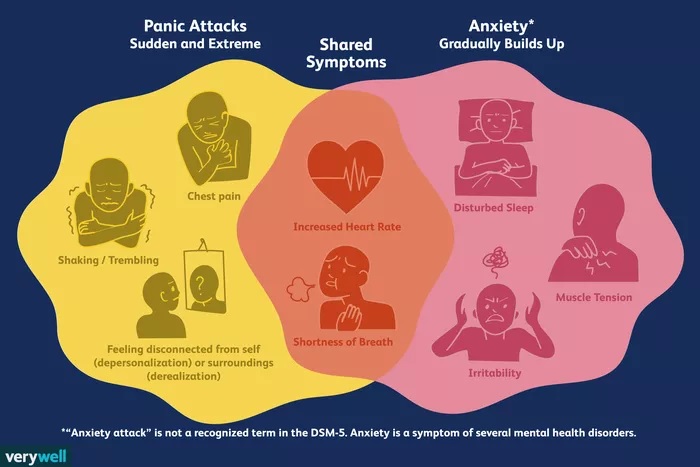 One, it took me forever to find a family doctor that was accepting new patients (the family doctor I had since birth retired, and I was left with no one). Two, from the very beginning, everything I said I was feeling was attributed to my anxiety by the doctor I eventually found (that I had only spoken to twice, by the way, and never even met in person – our two appointments were over the phone). Honestly, I could’ve said my toe hurt, and they would’ve said – well, it’s just your anxiety. It was getting to that point.
One, it took me forever to find a family doctor that was accepting new patients (the family doctor I had since birth retired, and I was left with no one). Two, from the very beginning, everything I said I was feeling was attributed to my anxiety by the doctor I eventually found (that I had only spoken to twice, by the way, and never even met in person – our two appointments were over the phone). Honestly, I could’ve said my toe hurt, and they would’ve said – well, it’s just your anxiety. It was getting to that point.
As soon as they heard I had anxiety, it seemed there was no need to take anything else I was saying seriously or even to bother checking it out. I couldn’t breathe – well, that’s just your anxiety, no need to have a chest x-ray just in case.
It was incredibly frustrating. I was brushed off from day one by this doctor without having been seen by any doctor in almost 10 years! In this case, it turned out to be my anxiety, but what if it was something more serious. I believe I deserved to be checked out rather than get to the point of having to go to the ER to do it.
I believe I deserved to be checked out rather than get to the point of having to go to the ER to do it.
Let’s just say I learned a lot from the experience. Most importantly, about what was causing my feeling sick. But also about advocating for myself, not suffering in silence, the stigma of mental health, and the immense value of peace of mind.
Photo by Maddi BazzoccoOne takeaway from my trip to the ER: The doctor said this “You will experience this again, but nothing bad is going to happen to you.”
There it was. Honest. Real. No sugarcoating.
This was the statement that resonated so deeply with me. It brought me the greatest comfort, and it was exactly what I needed to hear. And although I haven’t experienced an attack to that degree since, I’ve been able to use that statement over and over again to help ease my anxiousness.
And along with it, I’ve been using a few more affirmations to help with my feelings of panic and anxiety. I wanted to share them with you today.
If you’re someone who can relate, I’m so grateful you ended up here today because it helps me feel less alone. I hope to do the same for you.
And a note about affirmations. They are very personal. So, please, make changes to these to best serve your particular needs. You’ll also notice I’ve included both the words panic and anxiety in some. Feel free to choose the one word most applicable to you or another word altogether.
And keep them realistic. Affirmations should always remain realistic, but especially for anxiety. Unrealistic affirmations may actually trigger your anxiety more. So remain grounded, focused, truthful, and real about your goals and with your statements. For instance, instead of saying: “My anxiety will not affect me any longer.” Say: “I will manage my anxiety and accomplish my goals in spite of it.”
Take care, loves ♡
Read more: 50+ POSITIVE AFFIRMATIONS FOR OVERCOMING FEAR
Affirmations For Panic Attacks And Anxiety
- I will get through this
- Nothing bad is going to happen to me
- I can manage my feelings of panic/anxiety and live a fulfilled life in spite of them
- My feelings of panic/anxiety are temporary and will pass
- I will show myself the same compassion as I show others
- I am going to focus on things that bring me joy to help me get through this
- My feelings of panic/anxiety are not dangerous, only uncomfortable
- My feelings of panic/anxiety do not control me
- I will be okay
- I can handle this temporary discomfort
- I can manage my feelings of panic/anxiety and achieve calmness because I have done so before
- I am not alone in this moment.
 I have people that care for, support, and love me.
I have people that care for, support, and love me. - This moment of discomfort will pass
- I am stronger than my feelings of panic/anxiety
- I know what my feelings of panic/anxiety feel like because I have felt them before, but I always get through it
Disclaimer: The information provided on this blog is written from personal and lived experience. You should not rely on this information as a substitute for, nor does it replace professional mental health services, medical advice, diagnosis, or treatment. If you have any concerns or questions about your health or mental health, you should always consult with a health-care professional.
Affirmations for panic attacks - Valery Belyanin
When a person is subject to a panic attack, the ability to think clearly may be lost. Therefore, it is necessary to prepare for a panic attack in advance.
One way to prepare is to have prepared positive statements or affirmations.
Affirmation is a short phrase containing a verbal formula, which, when repeated many times, fixes the required image or attitude in the subconscious of a person.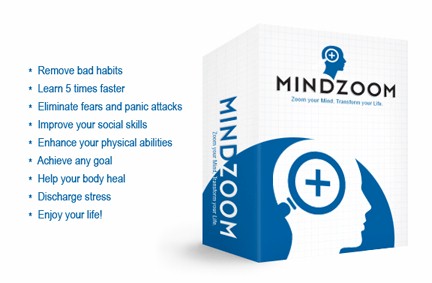 Affirmations can help improve the psycho-emotional background and stimulate positive changes in life.
Affirmations can help improve the psycho-emotional background and stimulate positive changes in life.
The ability to say positive phrases to yourself in difficult times, and even more so, in moments of panic, helps to cope with a panic attack at the very beginning of its onset. Positive phrases to be said at the time of the onset of a panic attack can form the ability to accept one's state, create the feeling that a person is going with the flow and, thereby, gives himself time to wait until the panic attack passes [Bourne, 2005: 122].
In this case, the repetition of phrases may be accompanied by breathing with the stomach [Bourne, 2005:122] or simply by free breathing.
Moreover, you can act in different ways.
you can repeat the same phrase many times in a row when you feel the first symptoms of a panic attack [Bourne, 2005: 122],
you can repeat different phrases,
you can use ready-made phrases,
you can (and even you need) to come up with your own affirmations .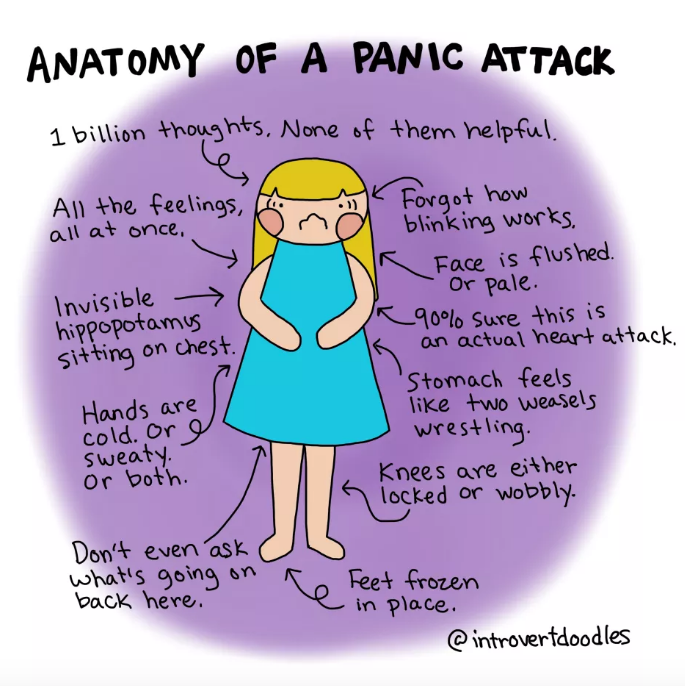
If one statement gets tired or stops working, you can try another [Bourne, 2005:122].
Here are the coping statements suggested by [Bourne, 2005]:
• The feeling is uncomfortable and not pleasant, but I can accept it.
• I may be nervous, but I can handle the situation.
• I am coping with these symptoms and feelings.
• Nothing bad is happening. It's normal that I think slowly about what I need to do.
• This is not the worst thing that can happen.
• I will stay with it and my anxiety will decrease.
• This is an opportunity for me to learn how to deal with my fears.
• Let the body feel what it feels. It will pass.
• I'll get through this - I won't let it get me.
• I deserve to feel good right now.
• I have time to let everything go and relax.
• No need to rush yourself. I can take any small steps I want.
• I've experienced it before, and I'll survive it now.
• I can use my coping strategies and let this state pass.
• This anxiety won't hurt me, even if I don't feel well.
• It's just anxiety - I won't let it take over me.
• Nothing serious is happening to me.
• I can fight and resist, but it won't help, so I'll wait until it goes away on its own.
• These are just thoughts - this is not reality.
• I don't need these thoughts - I can think differently.
• This is not dangerous.
• So what?
• Don't worry - everything will be fine . [Bourne, 2005:122]
The last affirmation in English sounds like a quote from the song Don't worry - be happy , and you can find a Russian equivalent for it: "Everything will pass - both winter and autumn", which will also allow you to add element of humor.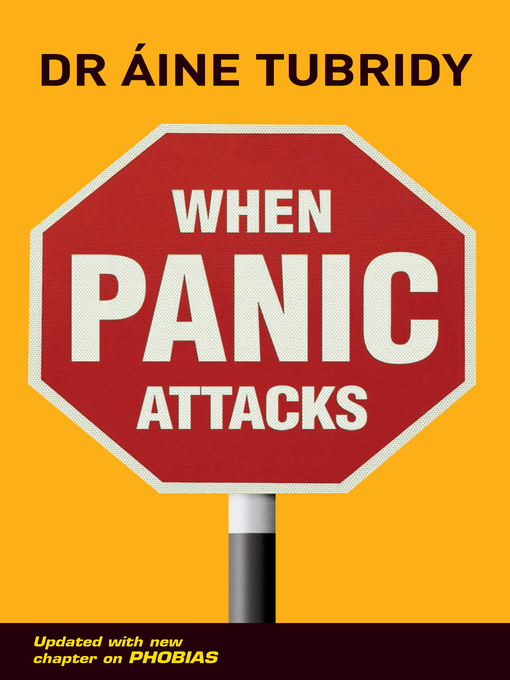
As noted above, these statements can be either borrowed or deeply personal.
It's also a good idea if they are rhythmic or rhyming so that they are easier to remember. For example:
• I am calm and confident, everything is fine, fine. = • I am calm and confident, everything is fine, good. =
• I feel calm and at ease, everything is fine.
• Everything will be fine when all this is over.
Of course, this is not poetry, but rhyming, but the rhythm helps to remember and makes affirmations easier to pronounce.
Even if your statements are not very logical or syntactically incorrect (as I made up above), it is important that they are yours and ... that helps .
If any of the affirmations proposed above cause you personally laughter or rejection (see “Louise Hay Affirmations for Women”, think (within the framework of positive thinking) with which affirmation you want to replace what did not suit you, and write down your own affirmation Turn your thinking from critical to positive and you will be happy.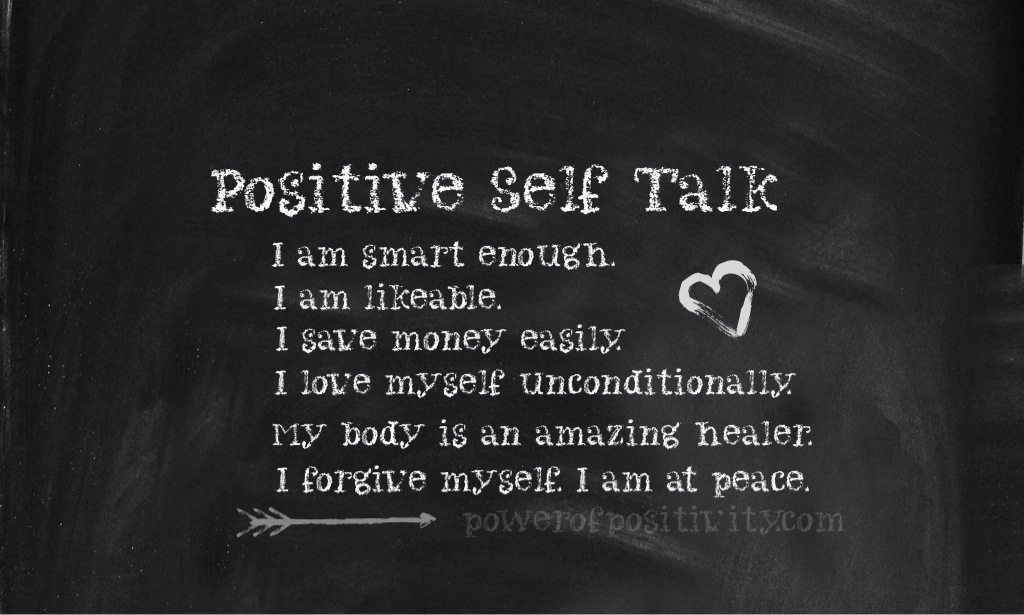 0004
0004
Psychology, psychological help, psychotherapy, registered psychotherapist, depression, anxiety, panic attacks, MVA, anger management, online therapy, consulting, Canada, Toronto, Russian , manifestation of anger, violence, counseling, coaching, Skype, online, Canada, Toronto, Russian, English, cognitive therapy, NLP, meditation, psycholinguistics.
Affirmations against panic attacks: getting rid of fears and anxiety
Panic attacks are an actual social problem for which various methods are used to overcome. Not only medications or psychotherapy sessions can improve the psycho-emotional state of patients, but also short phrases spoken every day. Affirmations are a powerful tool for setting up behaviors in stressful situations and combating panic attacks. This method is underestimated by some patients, but its effectiveness is confirmed by numerous studies of domestic and foreign scientists.
The mechanism of action of affirmations
Affirmations are a way of verbal influence on the psyche, presented in the form of positive short statements. Currently, there are many studies that experimentally confirm the effect of affirmations on human life.
Currently, there are many studies that experimentally confirm the effect of affirmations on human life.
Affirmations against panic attacks have a psychological effect, which is to remind people of the resources available to deal with a potential threat. Under normal circumstances, people with panic attacks focus on failures and traumatic events in order to protect themselves.
When observing patients treated under the supervision of psychiatrists, it was noted that people are removed from provoking factors that can affect their psycho-emotional state. Positive attitudes, spoken systematically, help to eliminate the emotional distress of the individual.
The meaning of affirmations lies in the orientation of a person to an adequate perception of the threat, attitude to a traumatic situation and actions to overcome it. Some researchers have found that people who perceive a threat as important are not inclined to deny it and avoid problems when using affirmations.
The positive effect of affirmations in case of panic attacks is as follows:
- affirmations help to preserve the integrity of the personality;
- affirmations create a psychological barrier against a potential threat;
- affirmations contribute to the elimination of non-constructive defense strategies in a traumatic situation. Positive attitudes allow you to cope with anxiety or panic at a time of crisis, as well as prevent their onset.
Effective affirmations for dealing with panic attacks
Affirmations for panic attacks are universal formulas that reflect attitudes, personality traits, skills and abilities, desired achievements. Negative attitudes that cause panic attacks can be eliminated during daily activities, lasting no more than 10 minutes.
When working with affirmations, it is important to follow certain rules to achieve a positive effect:
- The purpose of the affirmation should reflect the desire of the person - what he wants to achieve.

An example of such an affirmation in the fight against panic attacks would be the statement "I cope with unpleasant symptoms and sensations." - In the statement, it is important to reflect a fait accompli and not to use the past tense when drawing up formulas. A proper affirmation might mean "I am using effective anxiety and panic coping strategies."
- Effective language is written in the first person. A common mistake when writing affirmations is to include other people in the setup, such as a boss who exerts psychological pressure.
- People tend to sincerely believe in attitudes, the fulfillment of which is possible in their situation. When composing affirmations, it is important to choose realistic forms, for example, “I tend to be rational about everything. I am aware that anger is a destructive emotion."
- Correct formulations have a pronounced emotional connotation. When compiling them, it is possible to use such words as “joy”, “pleasure”, “pleasure”, “easy”.
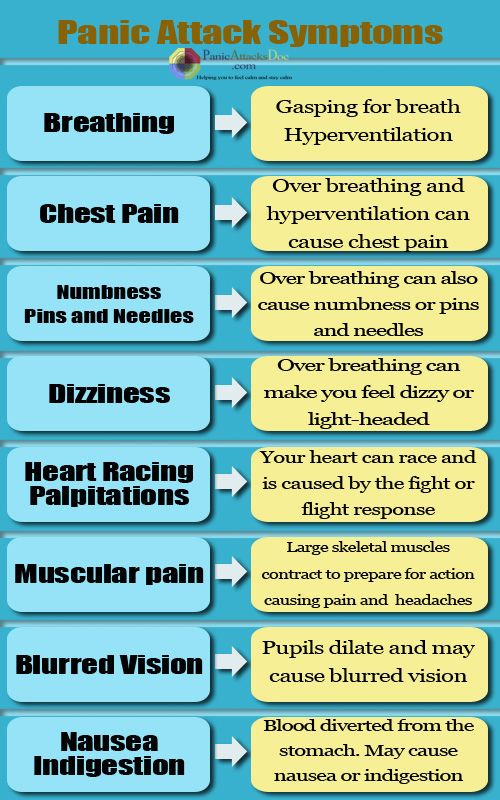 For example, a person who seeks to overcome panic attacks and avoid psycho-emotional stress at work can use the affirmation “I am happy to perform my work duties, because I know them well enough. I feel great without coffee and cigarettes.”
For example, a person who seeks to overcome panic attacks and avoid psycho-emotional stress at work can use the affirmation “I am happy to perform my work duties, because I know them well enough. I feel great without coffee and cigarettes.” - When compiling affirmations, it is important to refrain from phrases with negative content. An example of incorrect wording would be "I do not experience emotional stress." Such an affirmation can be reformulated as follows: “I feel great. I am free from worries and stress.” Concrete and most realistic affirmations help to relieve psycho-emotional stress. Each person can fill them with a unique meaning, taking into account his experiences and desires.
Similar articles
22.10.2020
Olga Butakova
Hyperventilation of the lungs during panic attacks
Specialization: Psychology
About 50-60% of people who have ever experienced such a condition experience hyperventilation of the lungs during panic attacks.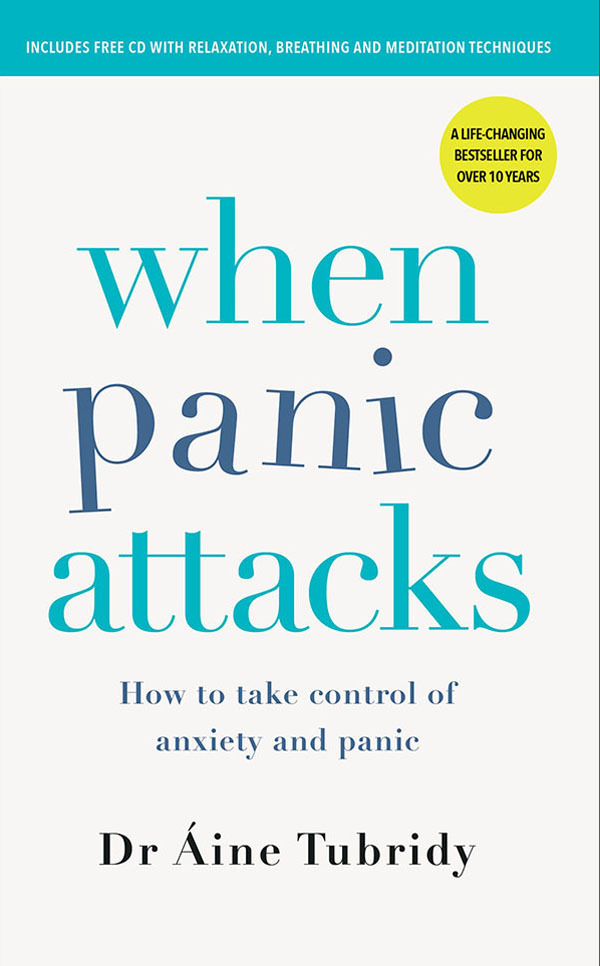 According to statistics, the representatives of the weaker sex are subject to asphyxia at the time of an anxiety attack 7 times more often than men. It turns out that when faced with hyperventilation, every woman feels serious problems associated with the functioning of the respiratory system. Hyperventilation refers to rapid and deep breathing. True, in […]
According to statistics, the representatives of the weaker sex are subject to asphyxia at the time of an anxiety attack 7 times more often than men. It turns out that when faced with hyperventilation, every woman feels serious problems associated with the functioning of the respiratory system. Hyperventilation refers to rapid and deep breathing. True, in […]
Full text
22.10.2020
Olga Butakova
Panic attacks and the thyroid gland
Specialization: Psychology
It seems that the thyroid gland and panic attacks cannot be connected with each other, and dysfunction of this organ is unlikely to increase anxiety. But in reality, the dependence is obvious, because the thyroid gland is responsible for the production of hormones that can affect the human psyche. That is why, during the initial examination, many psychologists send patients for additional tests to identify concomitant […]
Full text
06.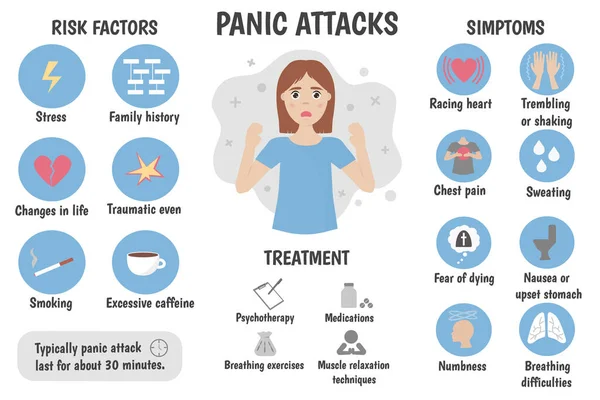 12.2020
12.2020
Olga Butakova
Depression and relationships
Specialization: Psychology
Each of us lives in a society where the quality of life largely depends on relationships with friends, relatives, and work environment. Studies have shown that people with depression very often complain about misunderstandings in the family, the lack of normal relationships in the workplace. As a result of prolonged stress, lack of understanding in the family or at work, depression develops. Depression worsens […]
Full text
- #Articles
11.12.2020
Olga Butakova
Menopausal depression
Psychology
Menopause is an inevitable part of every woman's life. This condition is accompanied by hormonal changes, which can provoke the appearance of unpleasant physical and mental symptoms. Including depression is not uncommon with menopause. This disorder can significantly worsen the general condition and cause significant discomfort. Therefore, it cannot be ignored and left to chance. What is depression in menopause According to […]
Therefore, it cannot be ignored and left to chance. What is depression in menopause According to […]
Full text
- #Articles
05.12.2020
Olga Butakova
Sports and depression
Specialization: Psychology
It is believed that physical exercises have a beneficial effect on the mood of a depressed person. Studies have been conducted in different countries on the effect of sports on the disorder, the findings suggest that there is a certain beneficial effect on the patient's physical condition, but the effect on depression is not as effective as expected. Depression is characterized by low mood and laziness, one of the common symptoms of a mental disorder. […]
Full text
- #Articles
12/12/2020
Olga Butakova
Depression after a miscarriage
Specialization: Psychology
Statistics show that depression and anxiety are common manifestations in men and women who experience emotional distress after a miscarriage or late pregnancy termination.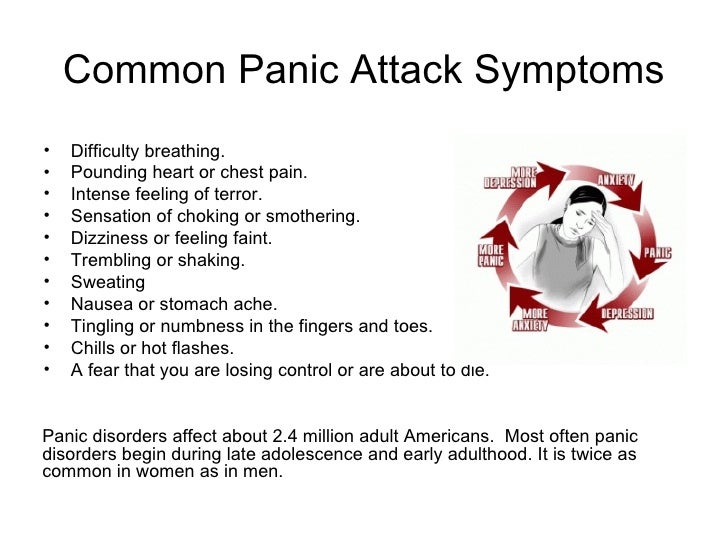 At the same time, quite often, such disorders occur even in those couples for whom pregnancy was not desired. A mild depression after a miscarriage is conditionally considered normal, which is associated with grief [...]
At the same time, quite often, such disorders occur even in those couples for whom pregnancy was not desired. A mild depression after a miscarriage is conditionally considered normal, which is associated with grief [...]
Full text
- #Articles
04.12.2020
Olga Butakova
Why do people get depressed
Specialization: Psychology
Painful condition of the psyche, characterized by depression, sadness, apathy, irritability, indifference and other symptoms, is called depression. Depressive disorder is mild, moderate and severe forms, the manifestations of the disease are diverse. Depression is a common disease that occurs at any age, more often diagnosed in women. An untreated mental illness causes the formation of negative thinking, the patient has suicidal thoughts. More likely to attempt suicide […]
Full text
- #Articles
08. 12.2020
12.2020
Olga Butakova
Depression after an abortion
Specialization: Psychology
Abortion is a difficult test for a woman, her mental and physical health, a tragedy for those who wanted and expected a child, but due to various circumstances (Down syndrome, congenital pathologies ) lost it. Complications of abortion are not only the risk of becoming infertile, but also the risk of developing post-abortion syndrome. Post-abortion depression is one of the symptoms of post-abortion […]
Full text
- #Articles
09.03.2021
Olga Butakova
How depression begins: prerequisites
Direction: Psychology
Depression is a very common condition that can occur in people of different ages, gender and social status. This is a fairly serious psycho-emotional disorder, which significantly reduces the level of performance and worsens the quality of human life.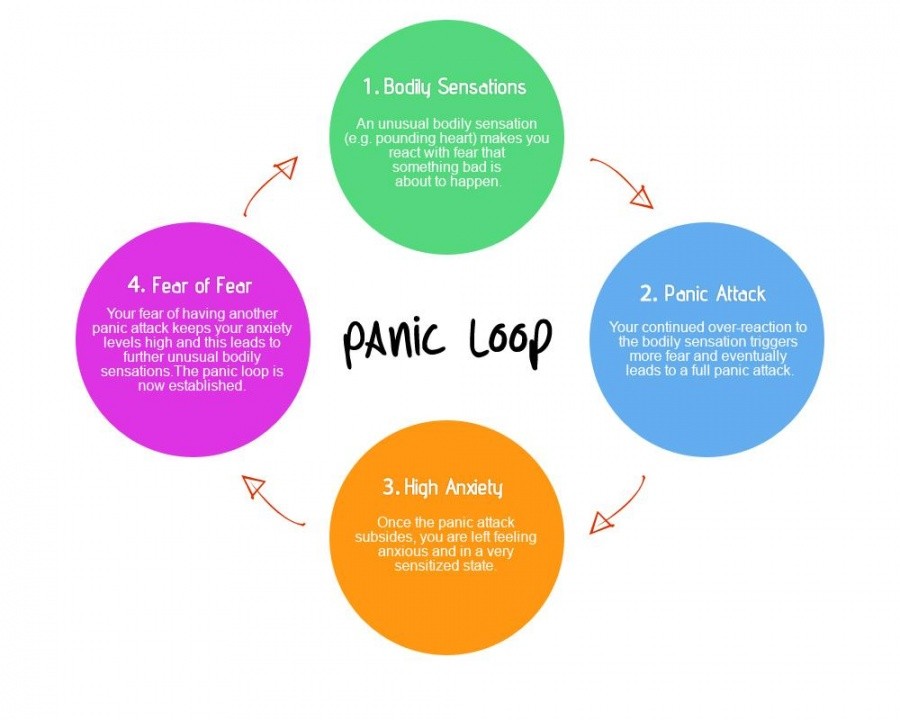 Therefore, you should be aware of how depression begins in order to take timely measures to prevent the development and progression of the condition. What is depression Bad mood – […]
Therefore, you should be aware of how depression begins in order to take timely measures to prevent the development and progression of the condition. What is depression Bad mood – […]
Full text
06.12.2020
Olga Butakova
Postpartum depression in women
Specialization: Psychology
Depressive disorder is diagnosed in every 10 women in labor, in some cases the disease develops before or during pregnancy, the symptoms become more pronounced after childbirth. Often the first signs of depression appear a month after childbirth. Between one and three women in a thousand women give birth suffer from severe forms of postpartum psychosis, which is accompanied by various obsessions about harming the baby and […]
Full text
- #Articles
Courses that may interest you
Olga Butakova. Elementary School of Health for All
Teacher: Olga Butakova
9 hours
Should we learn to be healthy? Obviously yes! Our health is our mission. And it is unlikely that anyone will want to solve it together with us, and even more so instead of us. Time is different. Is it simple? - Yes! It's simple. You have to understand what to do. And do things that improve health.
And it is unlikely that anyone will want to solve it together with us, and even more so instead of us. Time is different. Is it simple? - Yes! It's simple. You have to understand what to do. And do things that improve health.
1390 ₽
Add to favoritesMore info
Olga Butakova. Antistress. 67 ways to get out of stress
Teacher: Olga Butakova
4.5 hours
Are you tired of being afraid? Tired of living in constant stress? Do you feel your energy drop? Do you understand that you need to work like never before, but you don’t have the strength? Constantly asking yourself the question "What to do"? And do not suspect that this question is actually supported by the hormone of motivation for your own safety.
3990 ₽
Add to favoritesMore info
Olga Butakova. Panic attacks. 128 ways to get rid of anxiety
Teacher: Olga Butakova
24 hours
The relevance of the topic of panic attacks is unprecedented.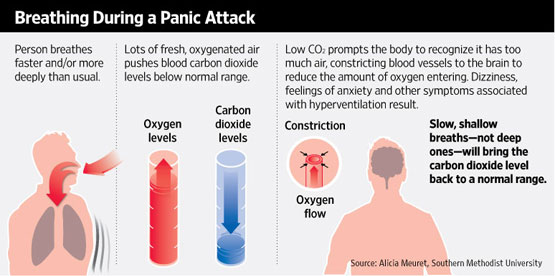 Up to 18% of people in the world have already experienced this sudden anxiety condition. And no one is safe. We all live in fear for ourselves, for loved ones, for friends. This is not a disease, but you need to know exactly how to get out of them and not fall again.
Up to 18% of people in the world have already experienced this sudden anxiety condition. And no one is safe. We all live in fear for ourselves, for loved ones, for friends. This is not a disease, but you need to know exactly how to get out of them and not fall again.
4990 ₽
Add to favoritesMore info
Olga Butakova. Health of the male reproductive system
Lecturer: Olga Butakova
1.5 hours
The problem of men's health is very urgent now. About 15% of couples in Russia suffer from infertility. Our course will help to understand this problem.
300 ₽
Add to favoritesMore
Olga Butakova. Health of the female reproductive system
Lecturer: Olga Butakova
3.5 hours
The problem of women's health is very urgent now. About 15% of couples in Russia suffer from infertility, and about 500,000 abortions are performed per year. 50% of women suffer from reproductive disorders. Our course will help to understand this problem.
300 ₽
Add to favorites More 5 lessons 150 people
Brief and capacious description that reveals the title, the task of which is to interest and arouse attention. It is important that it is beneficial and understandable.
8000 ₽
Add to favoritesMore
Alexander Petrishchev. Oratory Special Forces. (Platinum).
Teacher: Alexander Petrishchev
48 26 lessons 150 people
Oratory Special Forces will teach you how to be an effective negotiator and make persuasive public speaking. You will be able to easily achieve your goals in your career, relationships with people, understand how to present yourself and your skills in the most effective way to achieve absolute success!
18900 ₽
Add to favoritesMore
Vladimir Vyatkin. Secrets of birth and the magic of sex
Teacher: Vladimir Vyatkin
11 hours 9 lessons 150 people
How to rewrite your sexual programs, it is easy to conceive, bear and give birth to a child with outstanding data?
14000 ₽
Add to favoritesMore
Maria Udovichenko.
